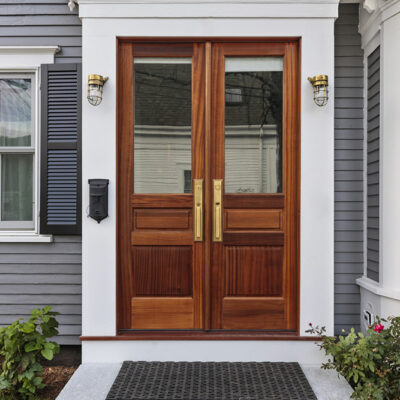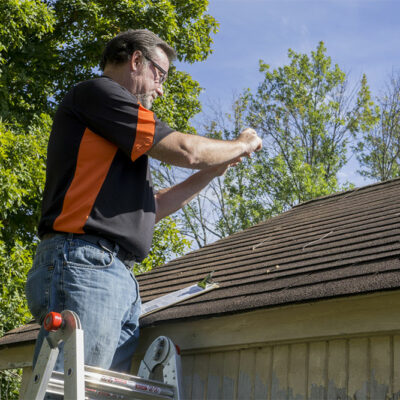
6 ways to avoid errors and overcharges on gas bills
There are many instances where homeowners are heavily charged for energy consumption, leading to high gas bills. As the climate changes, energy usage is bound to change. That being said, it is possible to manage these bills by identifying and eliminating errors and overcharges. Generally, gas bills tend to be higher during the winter season. Here are some ways to ensure that you are not being overcharged on your gas bills. Pay attention to the meter One of the easiest ways to avoid any overcharging on your energy bills is to pay attention to your energy meter at home. When suppliers estimate the energy usage, it gives them an opportunity to overcharge you to balance out any future payments. You can simply read the meter every couple of months and submit the reading to your supplier every three months. Just remember to note down all the numbers on your meter, except for those highlighted in red or after the decimal point, along with the date. Many suppliers also have apps or websites where you can submit your meter reading. So be sure to find out the steps for your particular supplier. Decline exit fee Just like a penalty is levied for late payment, a lot of times, there is an exit fee often attached to the agreement whenever you select a supplier.
Read Article 









